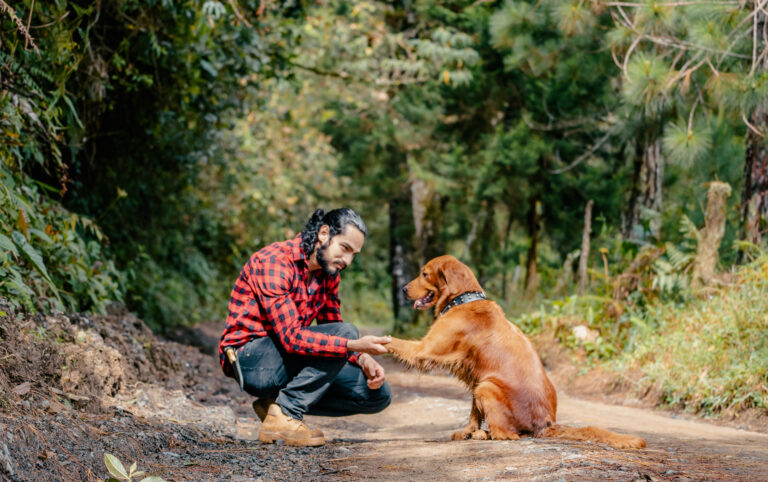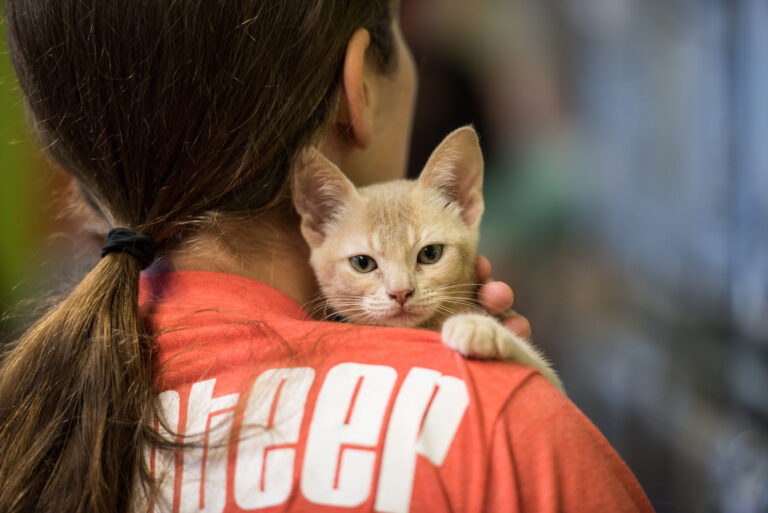Halloween is synonymous with costumes, decorations, and of course, candies! But while these sweet treats are delightful for us, they can pose significant health risks to our pets. Pets, especially dogs, can be quick to grab a fallen piece of candy, and in some cases, the consequences can be dire. One of the challenges faced by pet owners is identifying the symptoms and figuring out how to deal with pet allergies that might arise due to such consumption.
Table of Contents
Identify the Candy Consumed
Different candies have varied ingredients, some of which can be more harmful than others. Chocolate, for instance, contains theobromine, which is toxic to dogs and cats. Xylitol, a common sugar substitute in sugar-free candies, can be extremely harmful to dogs.
Assess the Situation
Once you know what your pet has consumed, assess the quantity. A small piece might not be as concerning as a whole bar or a bag of candies. However, any amount of a toxic substance warrants attention.
Look for Symptoms
If your pet consumes candy, they might show signs of distress. These can be symptoms of poisoning or an allergic reaction. Common signs include:
- Vomiting
- Diarrhea
- Increased heart rate
- Restlessness
- Panting
- Seizures
Understanding how to deal with pet allergies is crucial here. Allergic reactions can also manifest as skin irritations, itching, swelling, or hives.
Contact Your Veterinarian Immediately
If you suspect that your pet has eaten candy, especially chocolate or anything containing xylitol, it’s imperative to consult a vet immediately. Even if they seem fine, some symptoms can take time to appear.
Preventing Future Accidents
To avoid such situations in the future:
- Store candies out of reach.
- Educate children about the dangers of feeding candies to pets.
- Supervise your pet during Halloween celebrations.
Addressing Pet Allergies
While the immediate concern with candy consumption is poisoning, pets can also exhibit allergic reactions to unfamiliar foods. If you’re wondering how to deal with pet allergies, here are some steps:
- Immediate Relief: Consult with your veterinarian. They might recommend antihistamines or other medications to provide relief.
- Dietary Management: Ensure your pet’s diet is free from potential allergens. If you’re unsure about what’s causing the allergies, a vet might recommend an elimination diet to pinpoint the cause.
- Regular Check-ups: Regular vet visits will help monitor any allergic reactions and adapt treatment as necessary.
In Conclusion
In conclusion, while Halloween candies can be tempting for pets, the potential risks they pose are significant. Be vigilant during the festivities, and always prioritize your pet’s well-being. Know how to deal with pet allergies and be prepared for any unforeseen situations. Your furry friend relies on you for their safety, so ensure they enjoy the season without any health scares.







